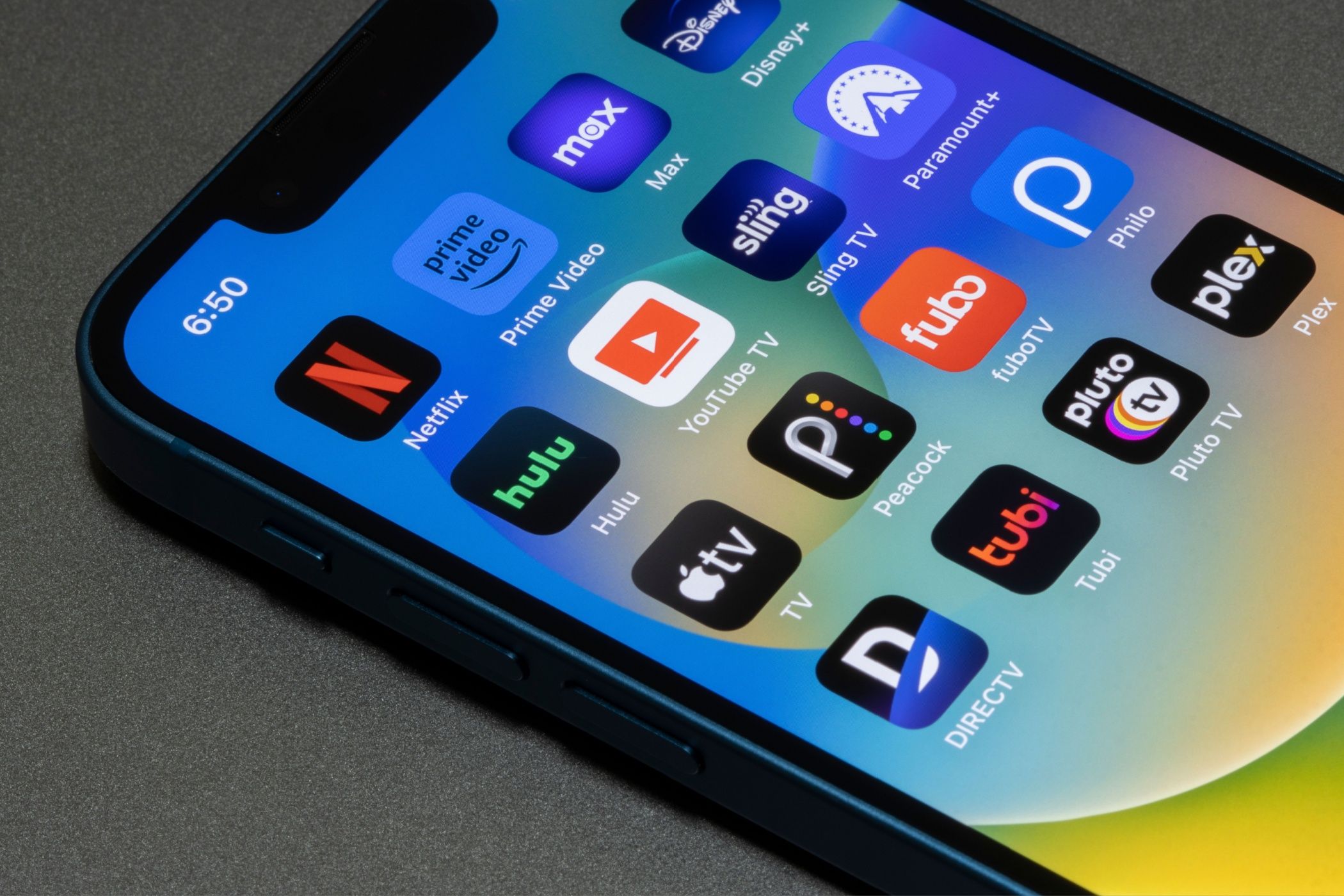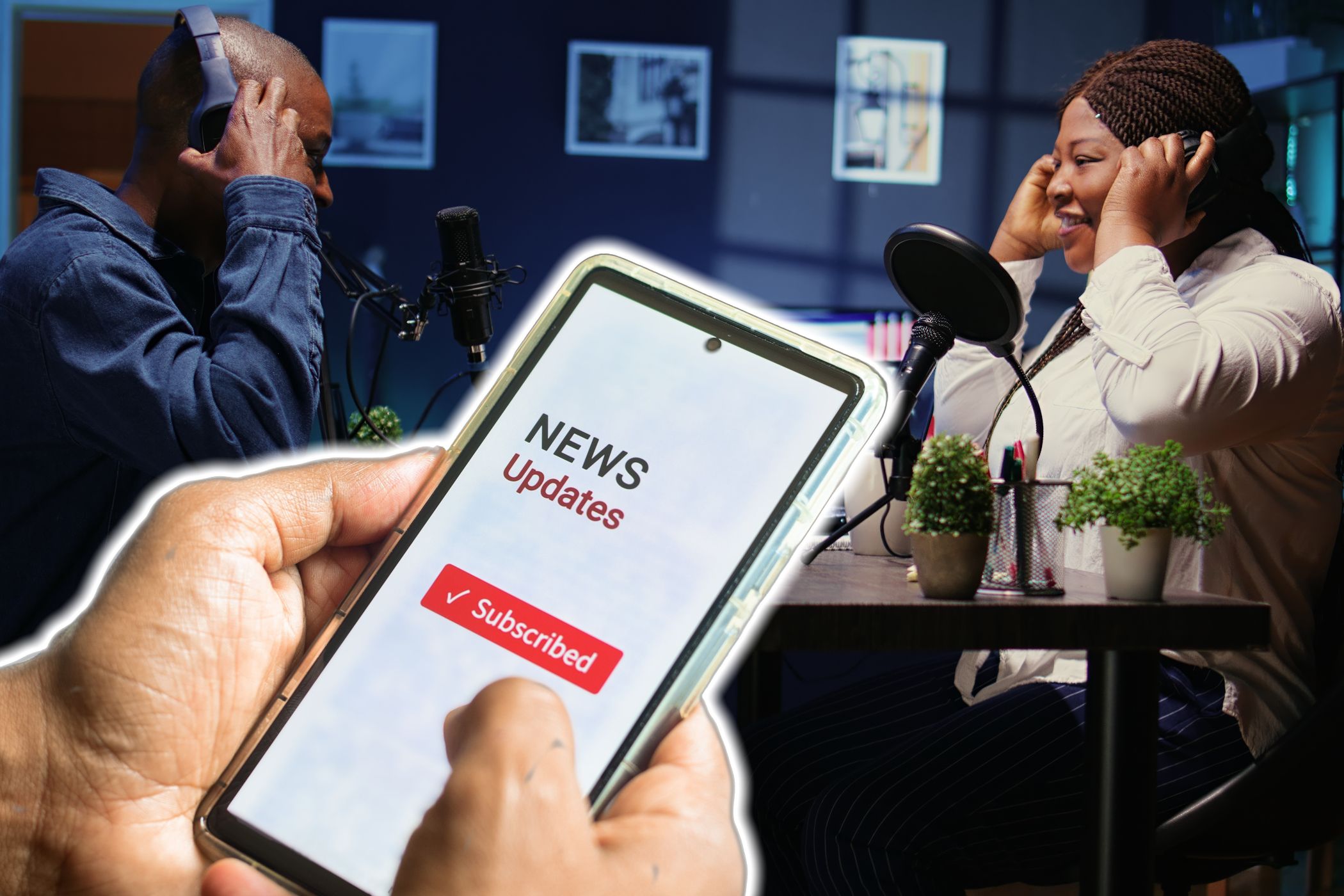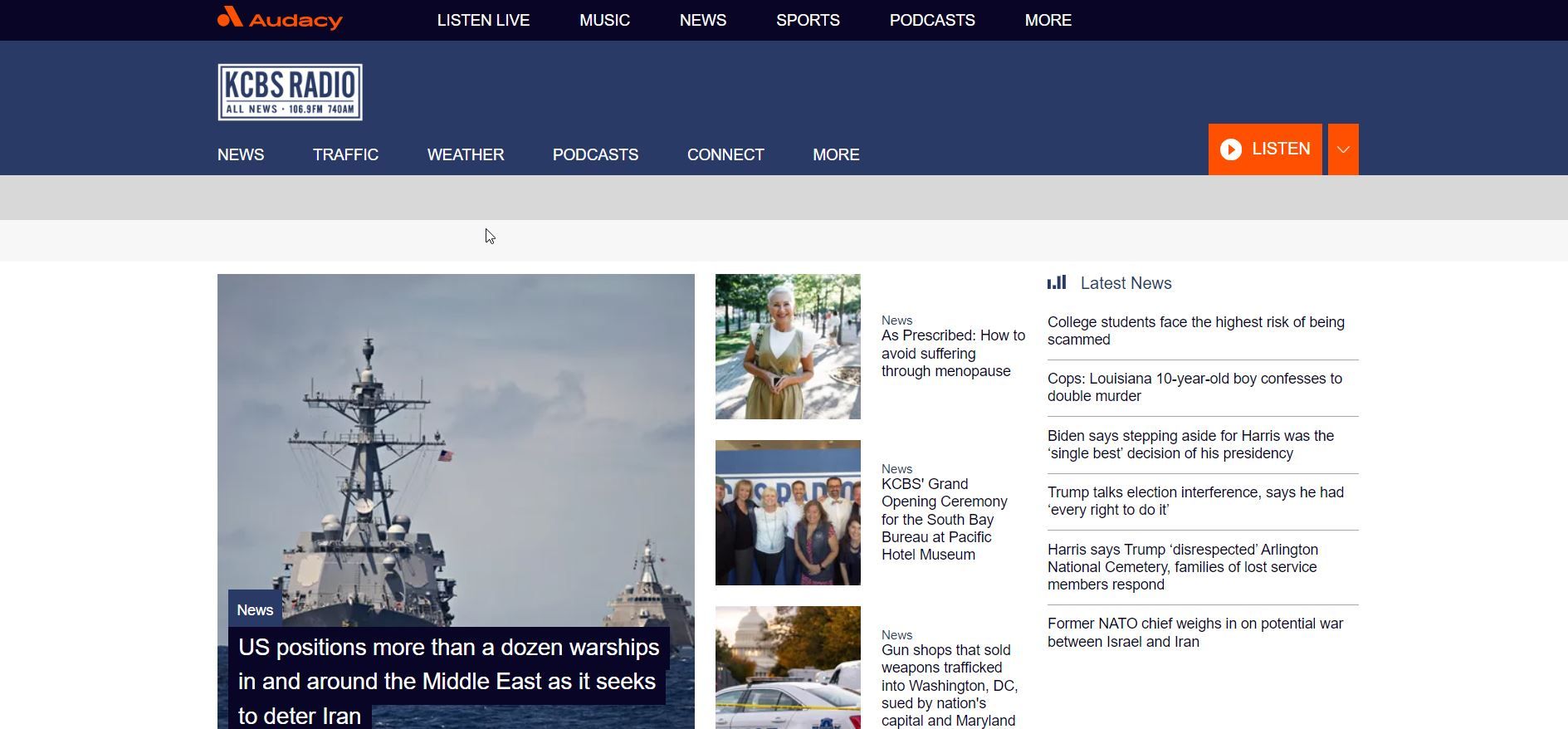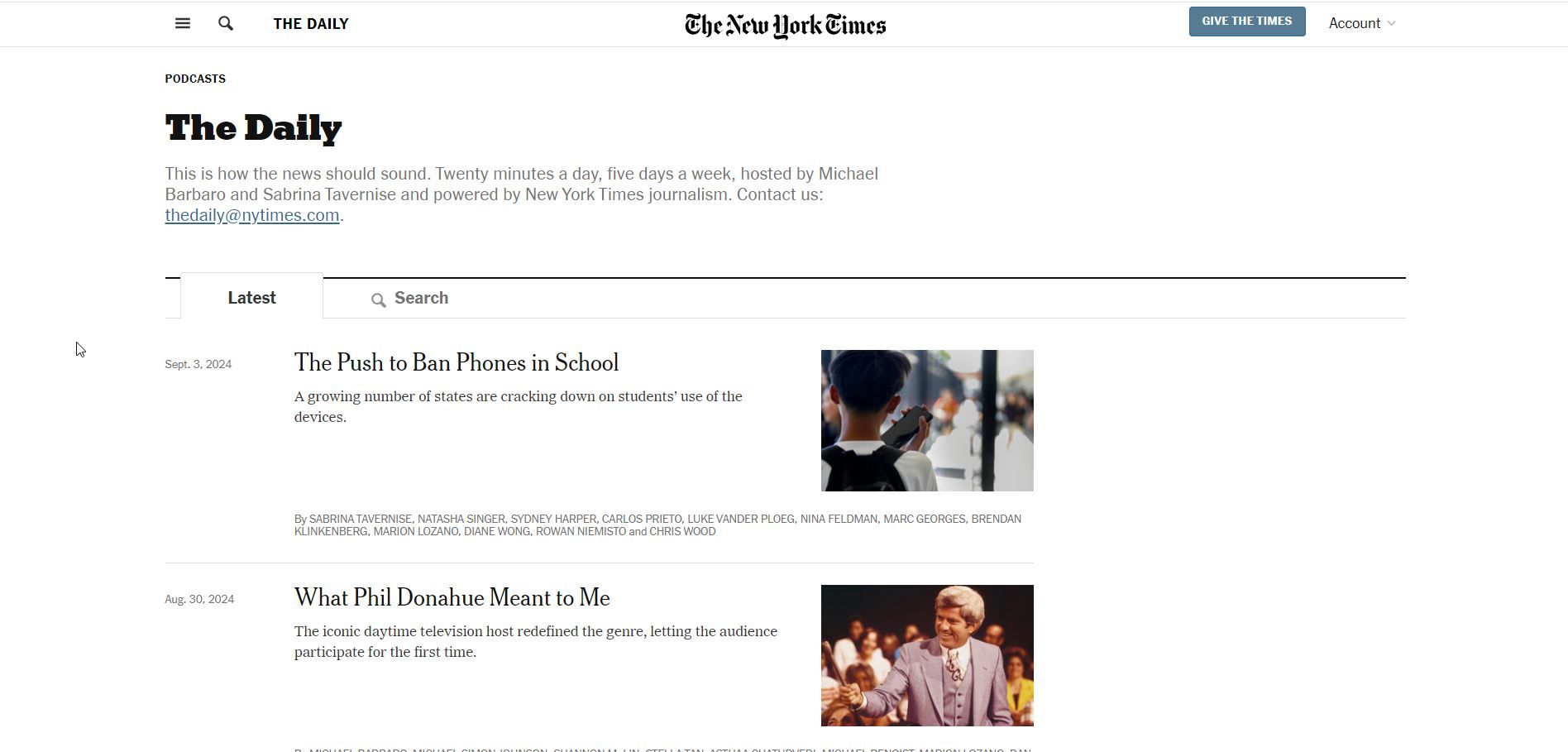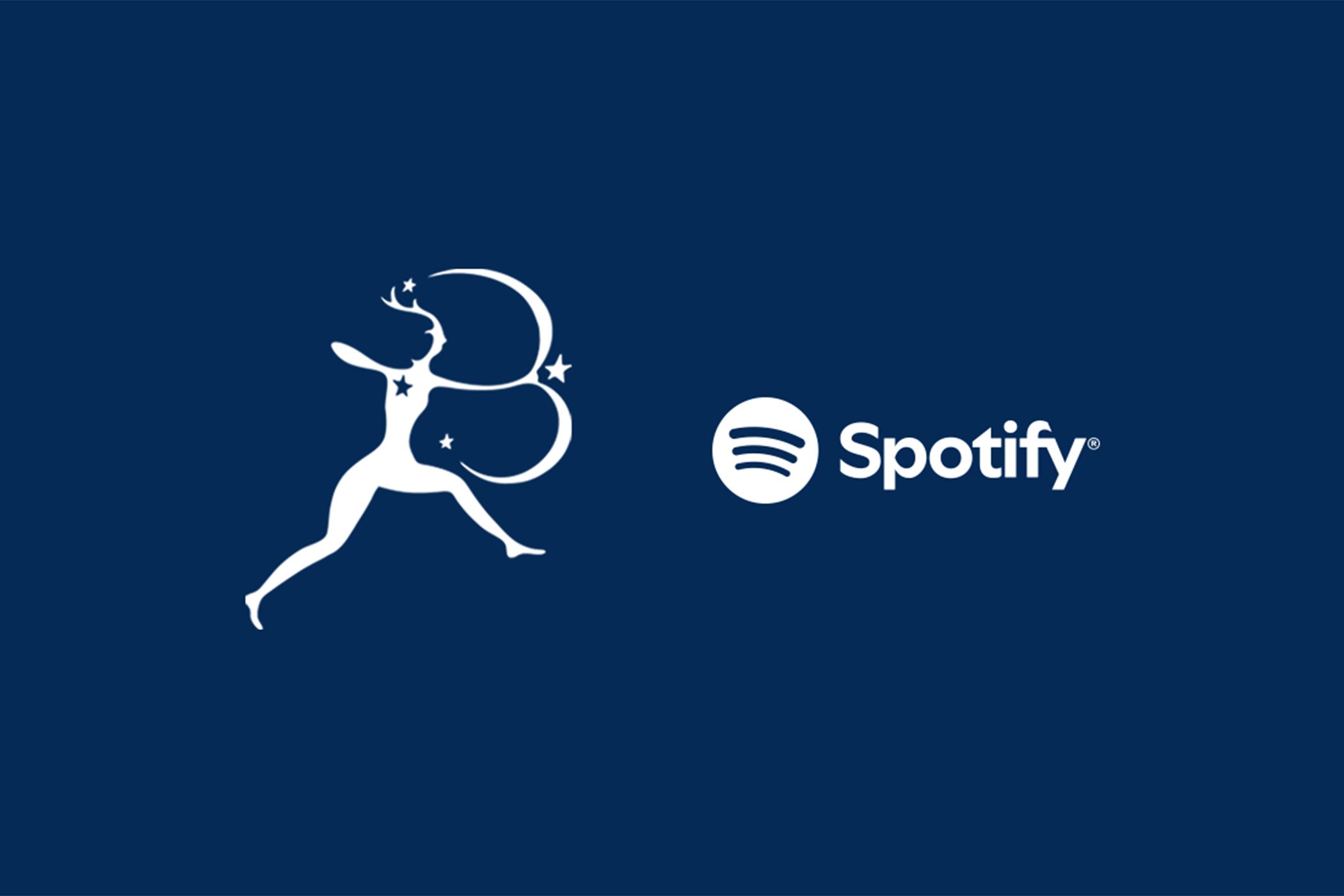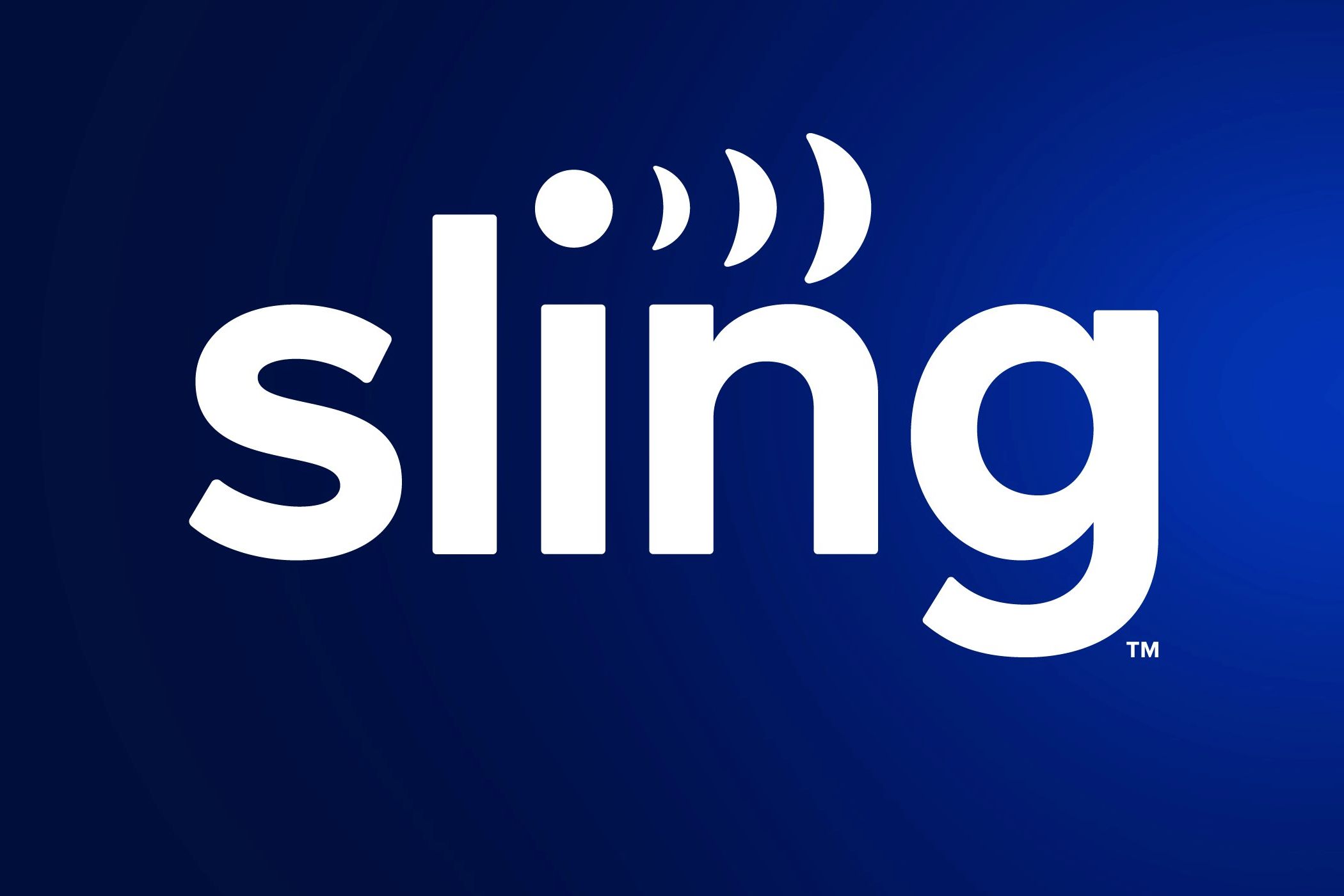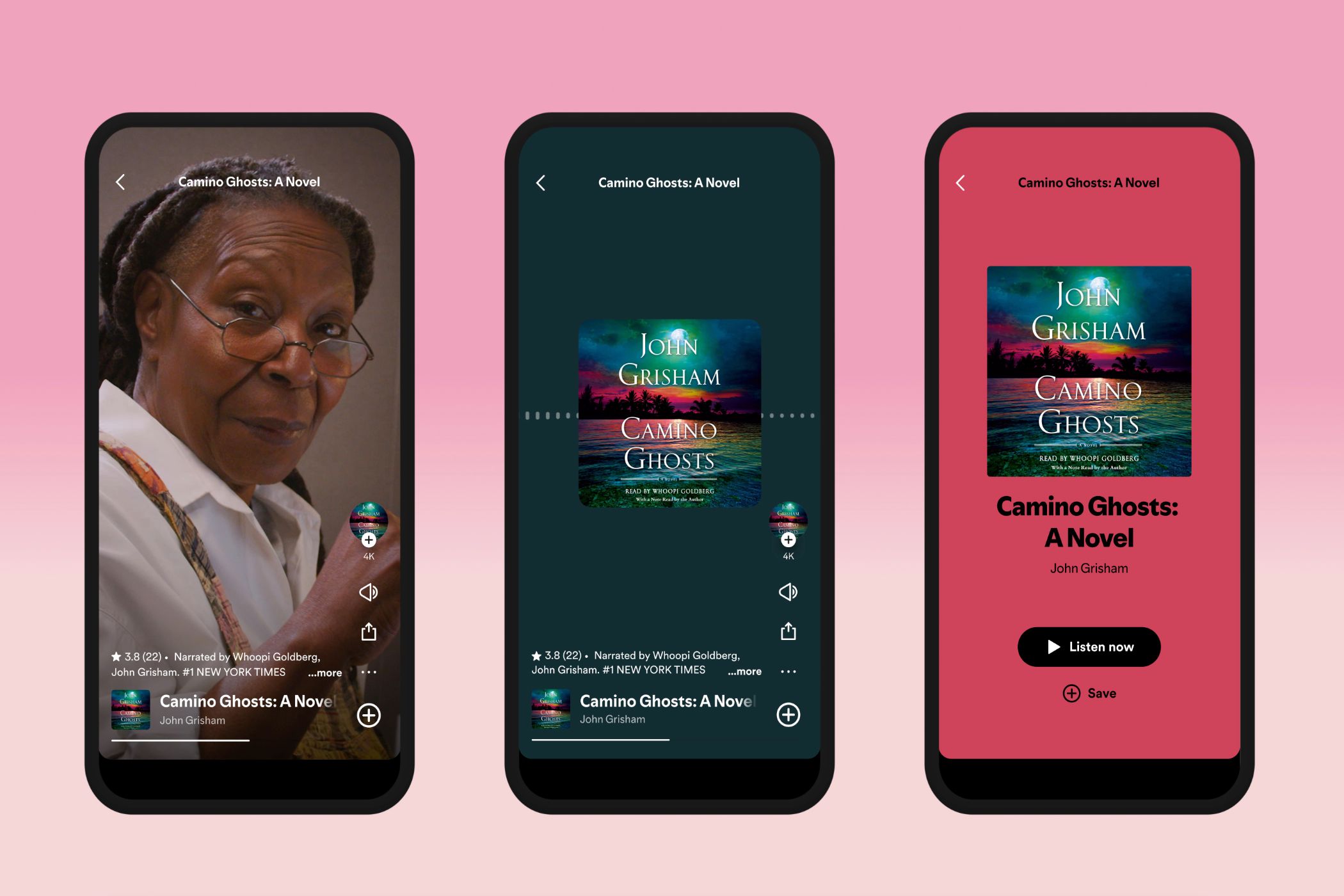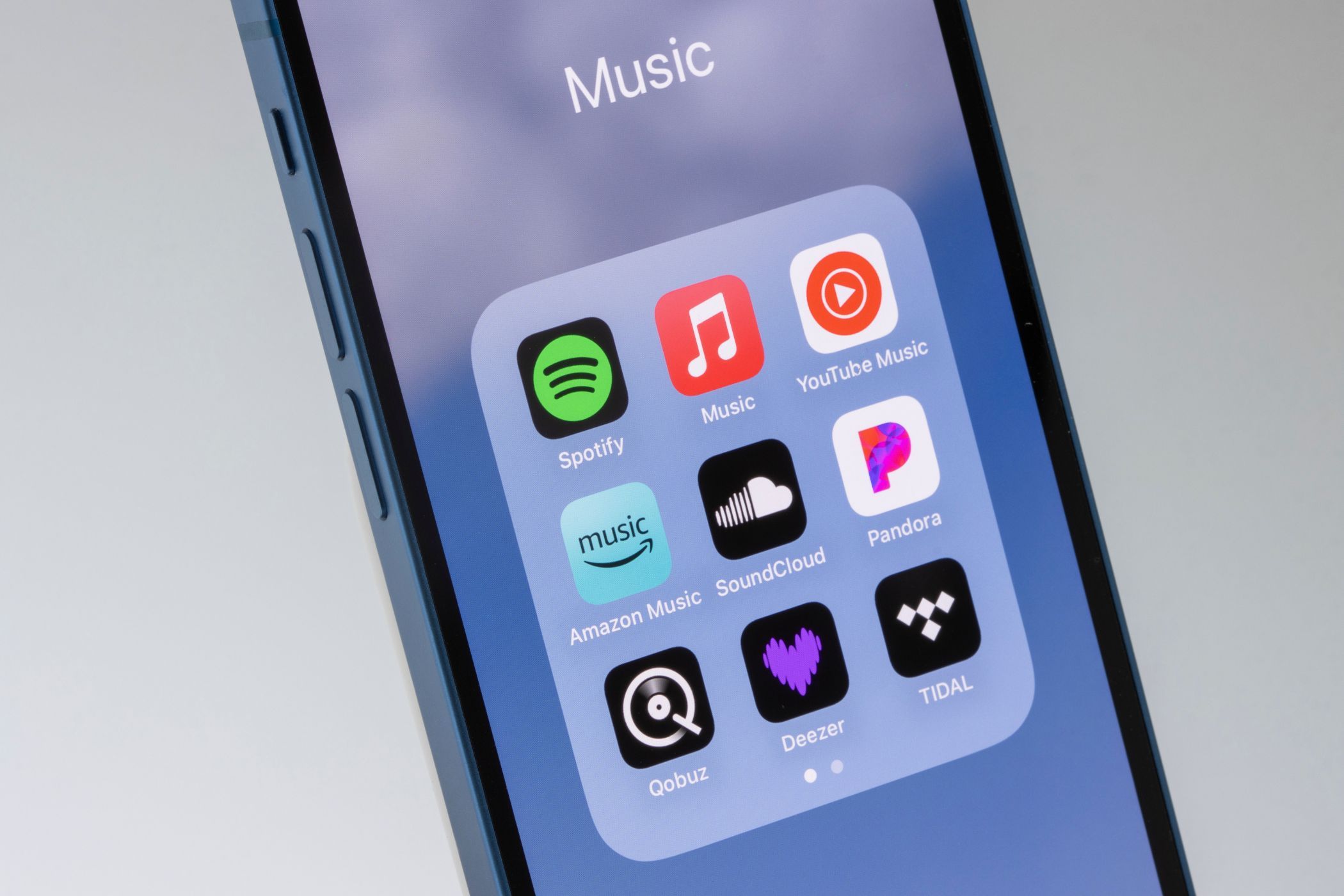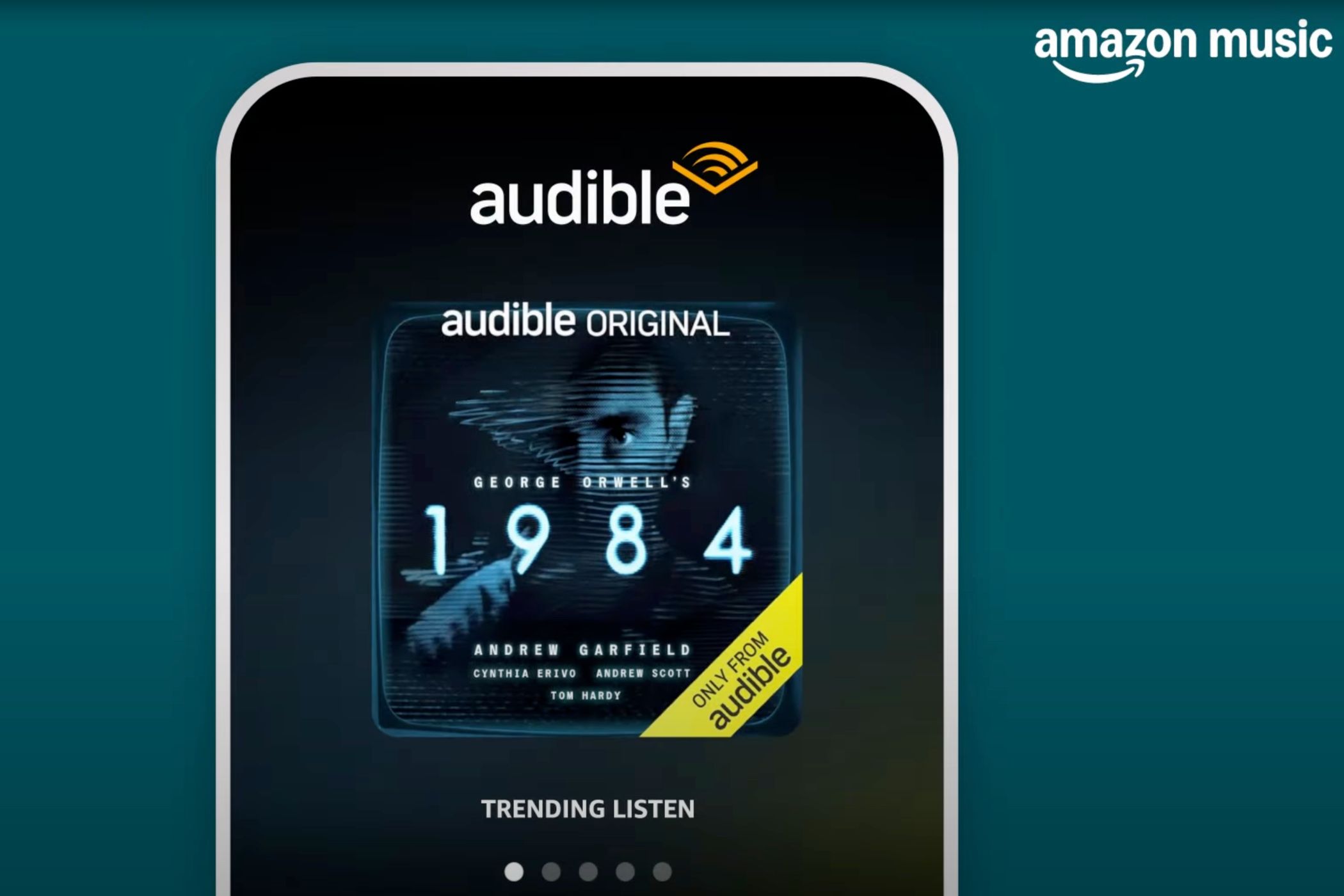Key Takeaways
- News podcasts provide less stressful audio news updates, blunting the emotional impact of distressing events.
- Podcasts can act as background companions for news consumption, allowing multitasking and focused listening.
- Podcasts offer a nostalgic connection to news radio while providing factual content without fluff or opinion, though deeper analysis is available.
While music is my main form of audio entertainment, I listen to podcasts to keep up with current events. While there are heaps of podcasts out there and numerous other ways to keep up to date with the news, there are several reasons why I choose to get my news through podcasts.
1 Audio News Seems Less Stressful
Some days, I dread opening the New York Times app or flipping on cable news to see what events are happening. It seems that there’s always something to worry about: wars, disease outbreaks, elections, you name it. Following the news can be stressful at times.
One of the podcast format’s advantages is that it’s audio-only. You don’t have to see or read about what’s going on. Simply listening to the human voice can blunt some of the emotional impact of distressing news events. It can make keeping up with the news more manageable on bad news days.
2 I Can Listen to Podcasts in the Background
Since podcasts are just audio, they seem to take up less attention than other news formats that require me to concentrate on the story. This predates podcasting, when people turn on the radio when studying, working, or tidying up.
With podcasts, I can keep up with news while working or just surf the web. If a story does catch my interest, I can listen intently. I appreciate the ability to focus on news stories when I want to and have the sound of the human voice in the background, almost as a kind of companion.
3 Podcasts Satisfy Nostalgia for News Radio
Radio has been called a “companion medium” that accompanies people when they wake up, go to work, cook, clean up, and even in bed. Podcasting might seem revolutionary, but it seems to be a time-shifted evolution of good old radio content.
Growing up in the East Bay suburbs of San Francisco, AM news radio stations like KCBS and KGO were often the soundtrack to many grown-ups’ car rides. This might have been due to the hilly terrain making FM reception challenging. As a kid, I thought those stations were kind of boring, but sometimes you want to remember things you grew up with, even if you didn’t appreciate them at the time. While KGO eventually changed its format to focus on sports, I still tune in to KCBS occasionally via the web; even though the “traffic and weather together on the eights.” are irrelevant to my location, I still feel nostalgic for the format.
Podcasts also scratch the nostalgic itch for news radio. It’s probably no surprise that major credible news organizations like CBS, ABC, and NPR have moved toward podcasting as the terrestrial radio audience declines. A lot of the production techniques are similar. The only difference is that podcast episodes are recorded for later playback. It’s obvious that podcasting is a successor to news and information radio.
4 Podcasts Have Factual, Hard News Without Fluff
If you turn on a cable news channel in the US, you’ll often see more opinion and analysis with panels of pundits shouting at each other. Turn on a news radio station, and you’ll hear more talk and opinion shows. Maybe you’ll get a news update at the top of the hour.
Podcasts like NPR News Now offer a quick, no-filler update on what’s going on in the world. There are no pundits or click bait, just pure news.
5 Podcasts Offer Deeper Analysis and Opinion
Along with quick news updates, news podcasts like the New York Times’ The Daily can discuss current issues in depth. It’s no surprise that multi-episode podcasts that offer deep dives on topics have become so popular on podcasting platforms like Spotify. People are hungry for interesting analysis that goes beyond the headlines.

